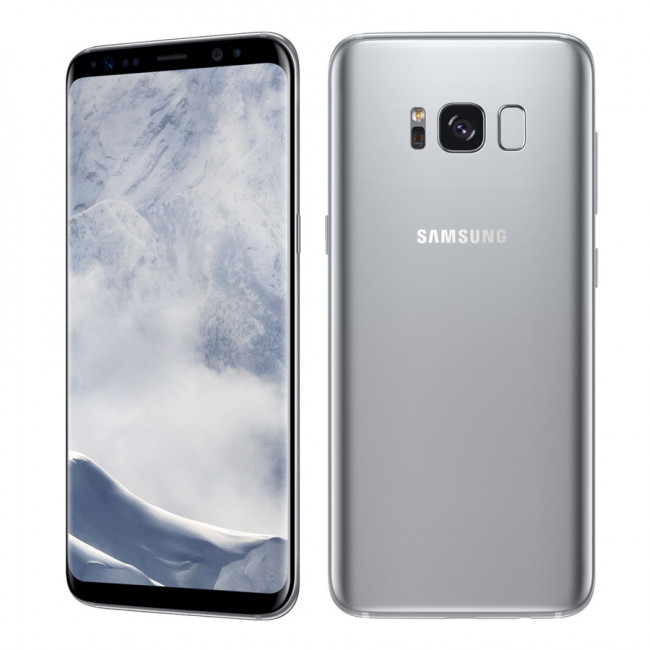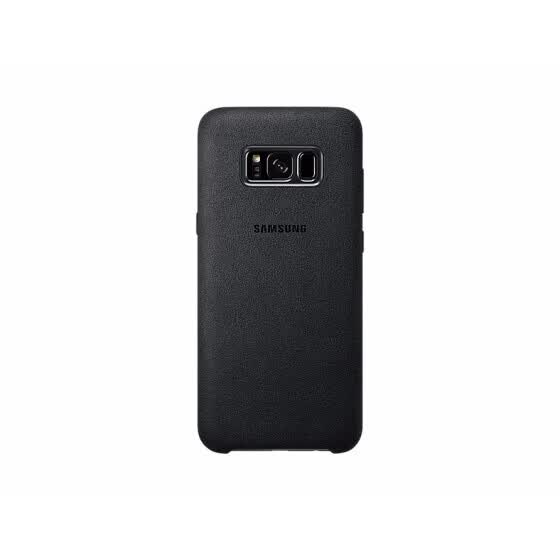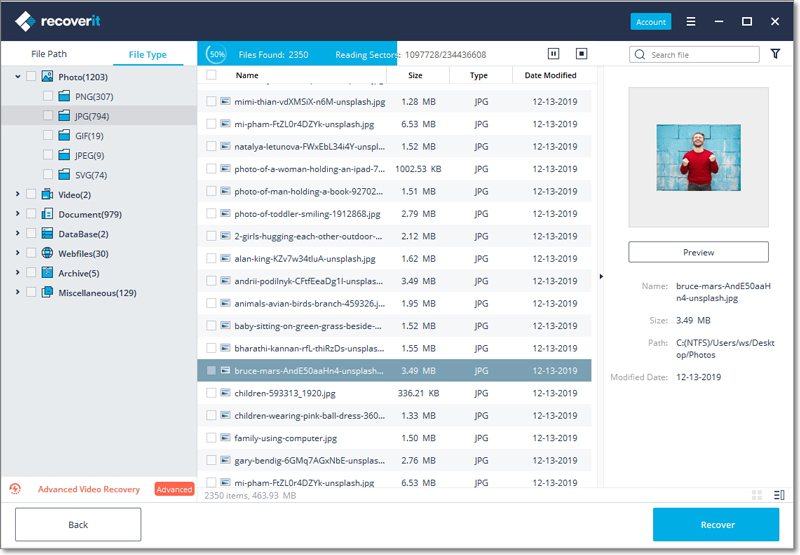- Samsung Galaxy S8 Sm-g9550
- Samsung S8+ ( G9550f )
- Galaxy S8 G950u 64gb
- Galaxy S8 G950u Root
- Galaxy S8 Sm-g9550
Rooting the Android phones always provides the enhanced features to any phone. You can get rid of the irritating or useless pre-installed applications, advertisement, mute notifications etc. Download portable chrome zip. Url helper 3.42 key encryption. All you need to do to get these enhanced features is that the Samsung Galaxy S8 Plus SM-G9550. نقدم لكم تحميل روم Samsung Galaxy S8 Plus SM-G9550 (Clone) الرسمي رابط مباشر ميديا فاير,كما اننا نوفر لكم شرح تركيب الروم الرسمي لجهاز Samsung Galaxy S8 Plus SM-G9550 (Clone), فلاشة Samsung Galaxy S8 Plus SM-G9550 (Clone) رسميه غير معدل عليها من اي طرف خارجي. Sound Not Works on Samsung GALAXY S8+ SM-G9550. Samsung is the best phone but “Sound not working” is very common problem on Samsung GALAXY S8+ SM-G9550 devices. Good news is you can Fix this by yourself within 10 min. First you have to understand what type of Sound problem that you have and then you can easily fix it.
| Main display: Super AMOLED 16M colors 1440 x 2960 px (6.20″) 531 ppi |
| Android 7.0 Nougat |
| Samsung Exynos 8895 2,30 GHz [Number of cores: 8] |
| Li-Ion 3500 mAh |
| Internal memory: 64 GB, 128 GB |
| RAM memory: 4 GB, 6 GB |
| 12 Mpx, 4032x3024 px |


Samsung Galaxy S8 Sm-g9550

Samsung S8+ ( G9550f )
| Other names: | Galaxy S8 Plus SM-G9550 |
| Dimensions: | 159,5 x 73,4 x 8,1 mm |
| Weight: | 173 g |
| GSM frequencies: | 850/900/1800/1900 |
| Standard UMTS: | 850/900/1900/2100 |
| Standard battery: | Li-Ion 3500 mAh |
| Talk time (max.): | 3G: 24 h |
| Internal memory: | 64 GB, 128 GB |
| RAM memory: | 4 GB, 6 GB |
| Memory cards: | microSD, microSDHC, microSDXC (max 256 GB) |
| Operating system: | Android 7.0 Nougat |
| Processor: | Samsung Exynos 8895 2,30 GHz Number of cores: 8 |
| GPU: | ARM Mali-G71 @550 MHz |
| Waterproofness & dust-resistance: | IP68 |
| Fingerprint scanner: | Yes |
| Main display: | Super AMOLED 16M colors 1440 x 2960 px (6.20″) 531 ppi |
| Touchscreen: | Yes |
| Digital camera: | 12 Mpx, 4032x3024 px |
| Secondary camera: | 8 Mpx, 3264x2448 px |
| Flash: | Yes, LED |
| Video: | H.263, H.264, MPEG4 - 30 fps, 3840x2160 px |
| MP3: | Yes |
| Dictionary: | Yes |
| EMS: | - |
| MMS: | Yes |
| Speakerphone: | Yes |
| Voice dial: | Yes |
| Call forwarding: | Yes |
| e-mail client: | Yes |
| RSS Reader: | Yes |
| IrDA: | - |
| Bluetooth: | Yes, v5.0 |
| GPRS: | Yes |
| EDGE: | Yes |
| WiFi: | Yes, v802.11 a/b/g/n/ac |
| Hotspot WiFi: | Yes |
| DLNA: | - |
| WAP: | Yes, v2.0 |
| xHTML: | Yes |
| HSCSD: | - |
| HSDPA: | Yes, 42,20 Mbit/s |
| HSUPA: | Yes, 5,76 Mbit/s |
| HSPA: | Yes |
| HSPA+: | Yes |
| LTE: | Yes |
| NFC: | Yes |
| WiMAX: | - |
| USB | Yes, v3.1 OTG Type-C |
| HDMI | - |
| GPS: | Yes |
| GLONASS: | Yes |
| Push To Talk: | - |
| Java: | Yes, MIDP 1.0 |
| Calendar: | Yes |
| Watch: | Yes |
| Recorder: | Yes |
| Alarm: | Yes |
| Stopwatch: | Yes |
| Organizer: | Yes |
| Calculator: | Yes |
| Polyphony: | Yes |
Mobile terms glossary
GSM stands for Global System for Mobile Communication and is the most popular 2G mobile phone standard in the world.
GSM is used by about 80% of all mobile phones - approximately 2 billion people across more than 212 countries.
The widespread use of the GSM standard has made it easy for most mobile phone users to use their phones overseas thanks to roaming agreements between operators using the same GSM standard.
GSM - then labelled Groupe Spécial Mobile was originally conceived back in 1982 as a European standard for mobile phones. The first GSM network went live in 1992 in Finland.
GSM introduced the concept of the SIM card (Subscriber Identity Module card) - a detachable smart card that lets users swap their phone number and contacts between handset.
3G - Analog cellular phones were the first generation while digital marked the second generation. 3G is loosely defined, but generally includes high data speeds, always-on data access, and greater voice capacity.
The high data speeds are possibly the most prominent feature, and certainly the most hyped. They enable such advanced features as live, streaming video.
There are several different 3G technology standards. The most prevalent is UMTS, which is based on WCDMA (the terms WCDMA and UMTS are often used interchangeably).
The GPU (Graphics Processing Unit) is a specialized circuit designed to accelerate the image output in a frame buffer intended for output to a display.
GPUs are very efficient at manipulating computer graphics and are generally more effective than general-purpose CPUs for algorithms where processing of large blocks of data is done in parallel.
Modern smartphones are equipped with advanced embedded chipsets that can do many different tasks depending on their programming. GPUs are an essential part of those chipsets and as mobile games are pushing the boundaries of their capabilities, the GPU performance is becoming increasingly important.
MMS is an extension of the SMS (Short Message Service) protocol, allowing the exchange of text messages exceeding 160 characters. Unlike SMS, which is text-only, MMS can deliver a variety of media. This media may include up to forty seconds of video, audio, one image, or a slideshow of multiple images. MMS requires a third generation (3G) network to send large MMS messages (though smaller MMS messages may be transmitted over second generation networks using GPRS).
Galaxy S8 G950u 64gb
Bluetooth is a short-range wireless technology used to create PANs (Personal Area Networks) among your devices, and with other nearby devices.Bluetooth allows you to leave your phone in your pocket, while talking on your phone with a Bluetooth headset - with no wires. You can also exchange contact or scheduling information with other Bluetooth-enabled phones nearby, or send such information to a nearby Bluetooth-enabled printer.
Another common use is to give your laptop computer or PDA wireless high-speed Internet access via Bluetooth and your phone.
Many newer automobiles also have Bluetooth, which can interface with a phone in a pocket, to allow automatic hands-free phone capability.
More innovative uses include playing a game against someone with a similar phone nearby, or using a special Bluetooth pen to send SMS messages by simply writing them on paper.
The name of EDGE in full is Enhanced Data rates for GSM Evolution. This is a 2.75G technology further developed from the 2G and 2.5G technologies. Its data transmission speed is higher than that of GPRS and is closer to 3G technology.
Wi-Fi - A type of network that makes use of radio channels to connect either to a local area network (LAN) or a router linked to the Internet.

 Companies often have a Wi-Fi system installed inside their buildings. Then visitors and workers with laptops can instantly connect to their LAN.
Companies often have a Wi-Fi system installed inside their buildings. Then visitors and workers with laptops can instantly connect to their LAN. There are also publicly available Wi-Fi links to the Internet. These are called Hot-Spots and may be found in airports, train stations and some cafes.
Wi-Fi does include built-in methods of making a network secure, for example turning on WPA (Wi-Fi Protected Access) or WEP will only allow authorised users to connect but many people do not bother to switch these methods on, with the result that anyone nearby can connect and access their network.
Universal Serial Bus (USB): A standard port that enables you to connect external devices (such as digital cameras, scanners, keyboards, and mice) to computers. The USB standard supports data transfer at three rates: low speed (1.5MBps), full speed (12Mbps) and high speed (480 MBps).
Mbps=million bits per second.
b>HDMI - High-Definition Multimedia Interface. HDMI is a high definition (HD) interface standard for the transmission of uncompressed digital audio visual data. HDMI can support 720i, 720p, 1080i and 1080p with up to eight channels of audio data. Since HDMI is fully digital and has no image compression the image quality should not suffer form any image degradation.
Full phone specifications Samsung Galaxy S8+ SM-G9550
Galaxy S8 G950u Root
Samsung Galaxy S8+ SM-G9550 specs
Samsung Galaxy S8+ SM-G9550 specifications
Samsung Galaxy S8+ SM-G9550 Amazon
Samsung Galaxy S8+ SM-G9550 price
Samsung Galaxy S8+ SM-G9550 for sale
Samsung Galaxy S8+ SM-G9550 unlocked
Samsung Galaxy S8+ SM-G9550 release date
Galaxy S8 Sm-g9550
Samsung Galaxy S8+ SM-G9550 ebay

